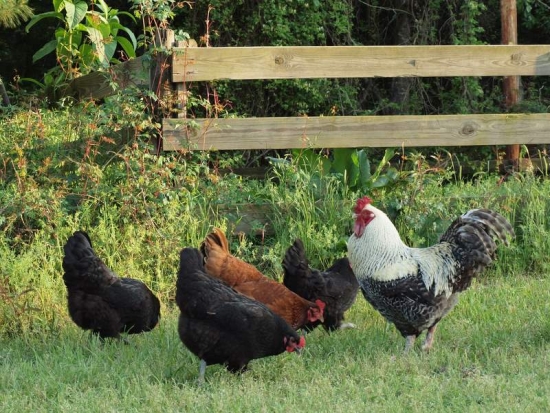The New Year was barely underway when MP Stephen Mosley officially opened a new farm shop in Chester. Cheshire Made offers local farmers and producers the opportunity to display and sell their produce, and its opening confirms the growing popularity of the farm shop. There are a number of factors that have led to the increasing numbers of these outlets selling quality locally produced food.

One of these is the financial pressures faced by today’s farmers which are driving many to consider ways in which they can diversify. This frequently involves coming up with alternative uses for their land and properties. Turning dairy land over to leisure uses or converting barns into holiday homes are two examples of this diversification.
Farm shops are another example, allowing famers a new outlet and source of income. An advantage of this type of shop is that the farmer retains a larger percentage of the profit than they would by selling exclusively to large supermarket chains, which many farmers say treat them unfairly.
Another important factor leading to the success of farm shops is a change in outlook among many consumers. Today they are more health conscious and environmentally aware than ever before and are demanding fresh, organic produce. This type of consumer values supporting local farmers while, equally as importantly, reducing waste and food miles.
“The provenance of goods and supporting the local economy are the two biggest changes in food retailing of the last ten years,” Stephen Mosley told the Chester Chronicle.
But what should you consider if you’re searching for a property suitable for a farm shop? As with any other property, location can be key to the success or failure of your business.
For this reason factors such as visibility, access, roads and traffic should be taken into consideration. Another important factor might be whether or not you will require planning permission and the costs involved in converting the property.
An organisation, the National Farmers Retail and Markets Association (FARMA) exists to give help and advice on issues such as these to farmers selling, or considering selling, directly through shops. FARMA also works in the political arena, promoting local direct sales and representing the interests of its members.
Previous Post
Growth Continues in Atlantic City Commercial Market
No related posts found for this post.